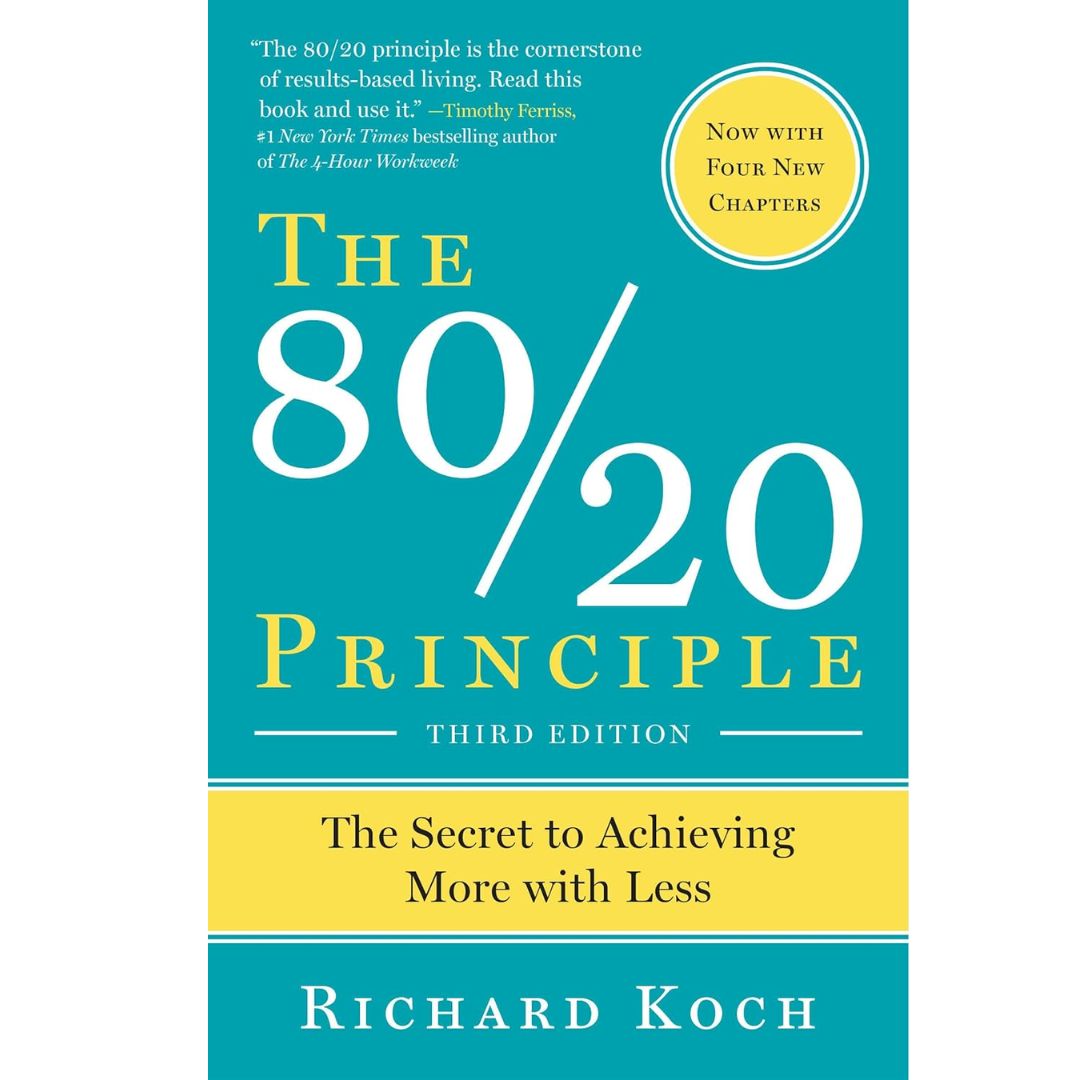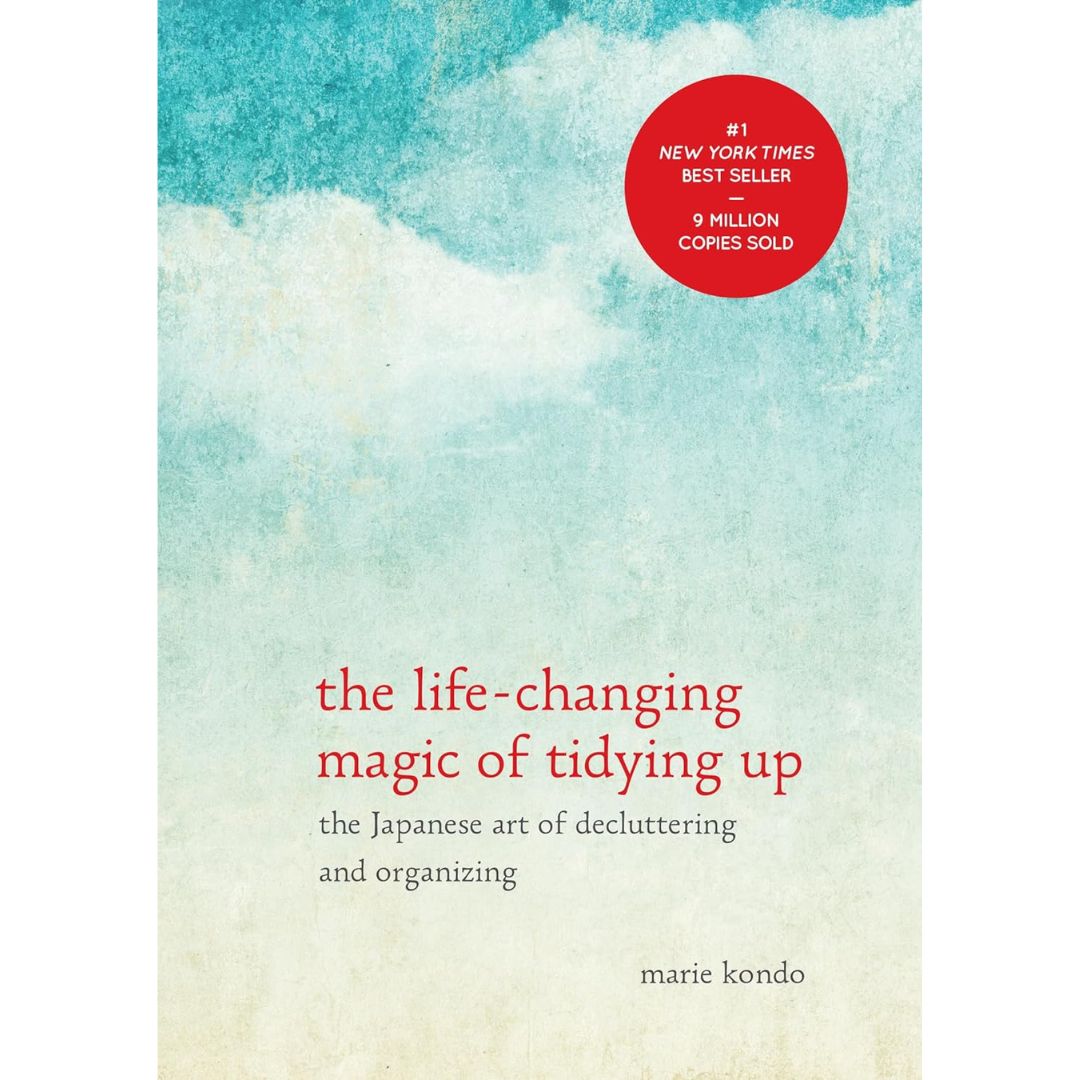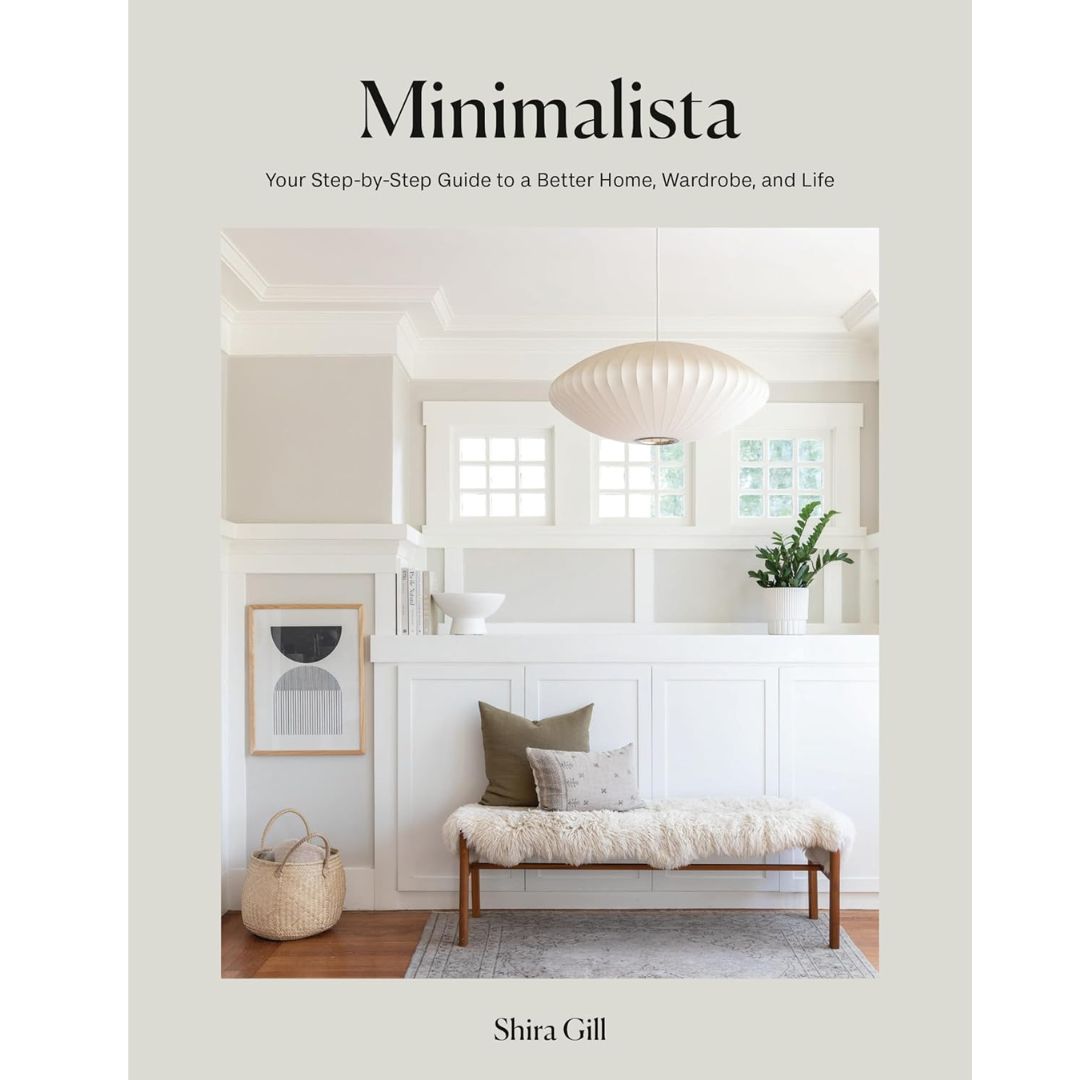80/20 Rule — Decluttering Just Became a Whole Lot Easier Using this Century-Old Trick
Practicing this effective and time-tested 80/20 rule will ensure your home never collects junk. Here's everything you need to know about it
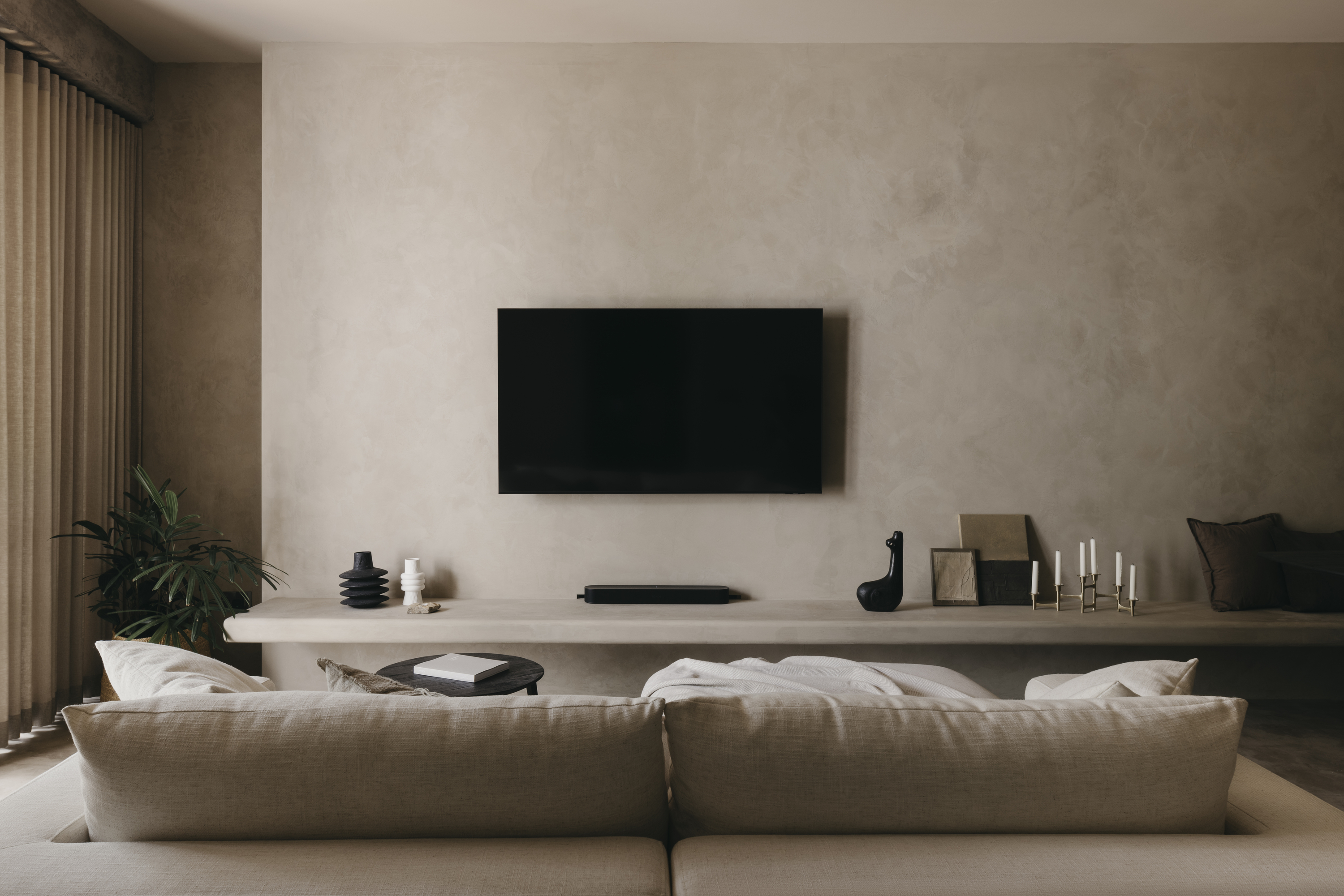

Aditi Sharma
To find the most effective way to declutter, professional declutterers often look to ideas like the 80/20 rule to help clear junk.
'The 80/20 rule is the concept that we use 20% of what we own 80% of the time,' says Sara Bereika, founder of Sara Jane Organizing. 'That means the remaining 80% (the stuff we use less frequently) is clutter. More than ever many of us have aspirations to live more simple lives. Thus, removing this 80% of clutter from our surroundings is a great place to start.'
Applying this rule can be quite an eye-opener as you realize the amount of unwanted and unused things you usually keep in your home. To help purge your home and make it super organized, consider walking down this path.
What is the 80/20 decluttering rule?
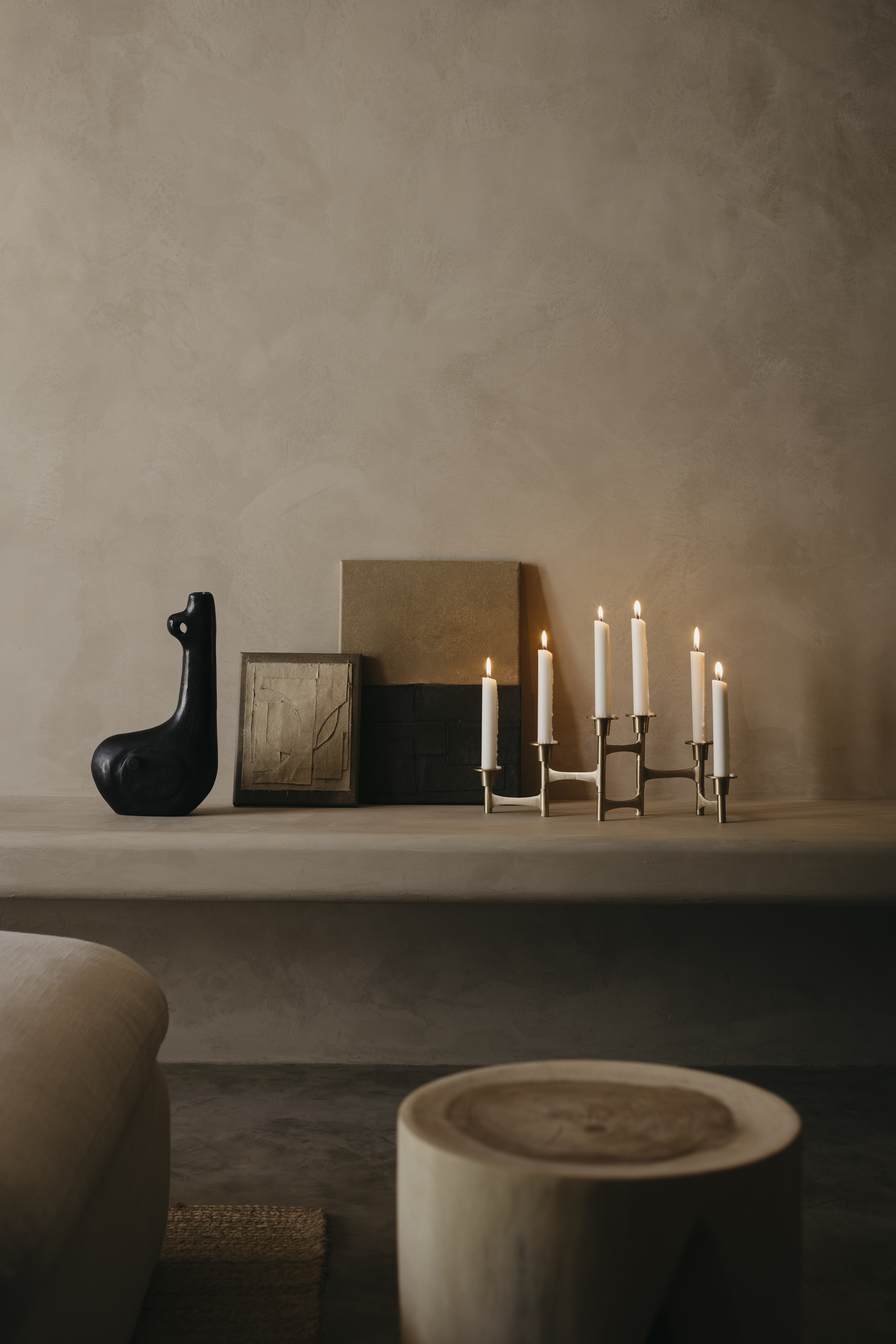
Unlike the 20/20 decluttering rule, the 80/20 rule originated outside the world of home organization. At its core as an economic principle, all about identifying the best assets of something and using them efficiently to reap the maximum benefit.
When applied to our homes, the 80/20 rule suggests that we roughly use 20% of what we own around 80% of the time. The remaining amount serves little purpose, taking up space and mostly just gathering dust. 'The 20% that is used frequently makes sense to have out and easily accessible to use,' says Amy Youngblood. 'Think about what you use most and what would benefit your space if you stored it away. This rule is helpful if you have a smaller space or just want to minimize clutter and stress in your home.'
'Pareto's Principle says that 80% of the results come from 20% of the causes,' explains home organizer, Melissa Gugni. 'In regards to one's closet, for example, it means that an average person wears 20% of their clothes 80% of the time. Do those dresses that are taking up so much space and have only been worn once in the past ten years deserve to be there? Applying Pareto's Principle can be a reality check.' From how to organize your living room, bedroom to kitchen, this rule, when applied can give effective results.
What are the challenges with this rule?
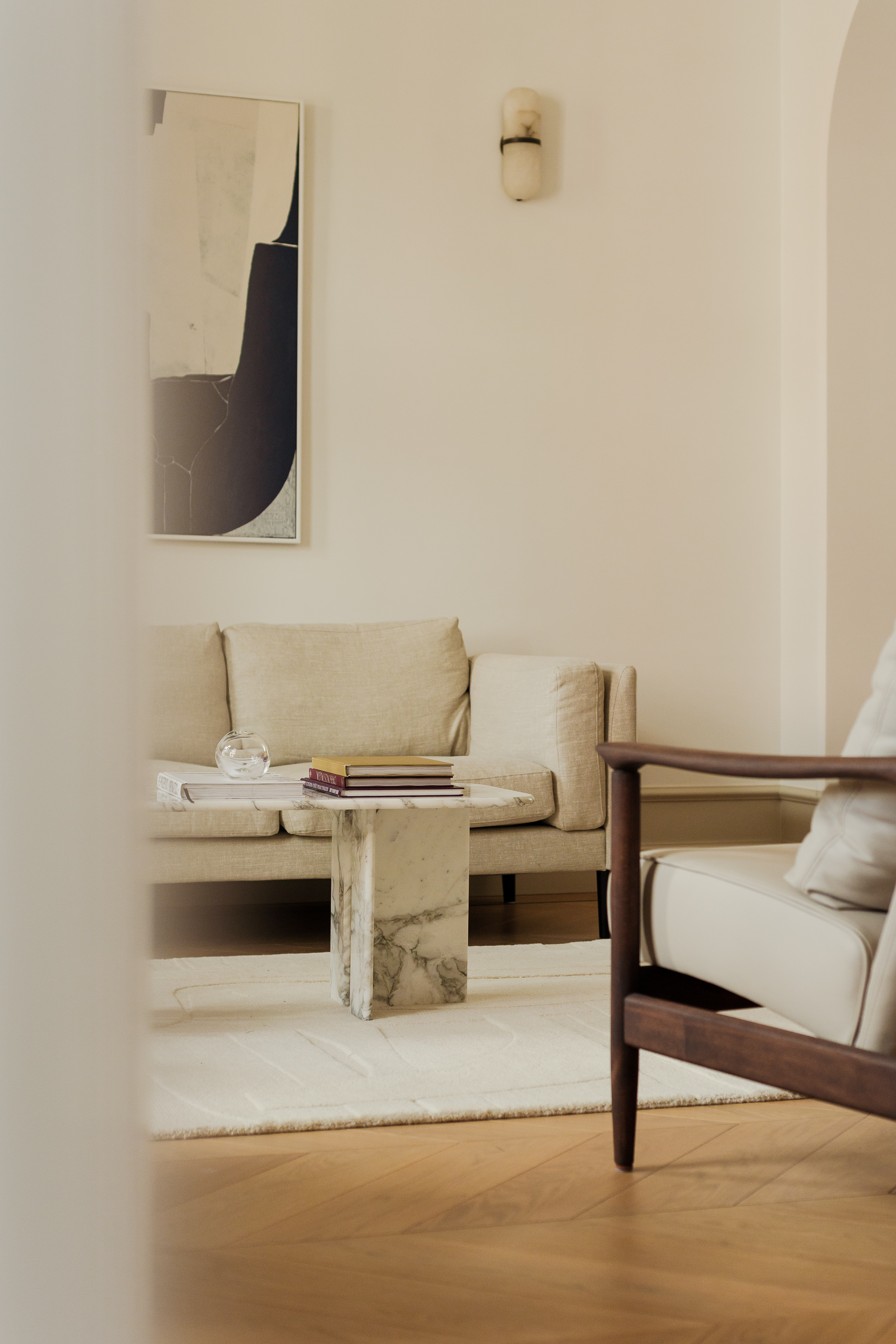
While some may think this is a well-devised way to organize the home, some others may consider this a way to how to declutter ruthlessly.
'The challenge arises when we have to decide which items fall under this 80% of clutter,' says Sara Bereika, founder of Sara Jane Organizing. 'This is where we must be willing to endure the discomfort of anxiety and indecision and determine whether to keep or discard our belongings. By doing so, we can begin to embrace minimalism and eventually become more proficient at making tough choices and seeing the benefits of a more peaceful and organized home.'
How can the 80/20 rule help us embrace minimalism?
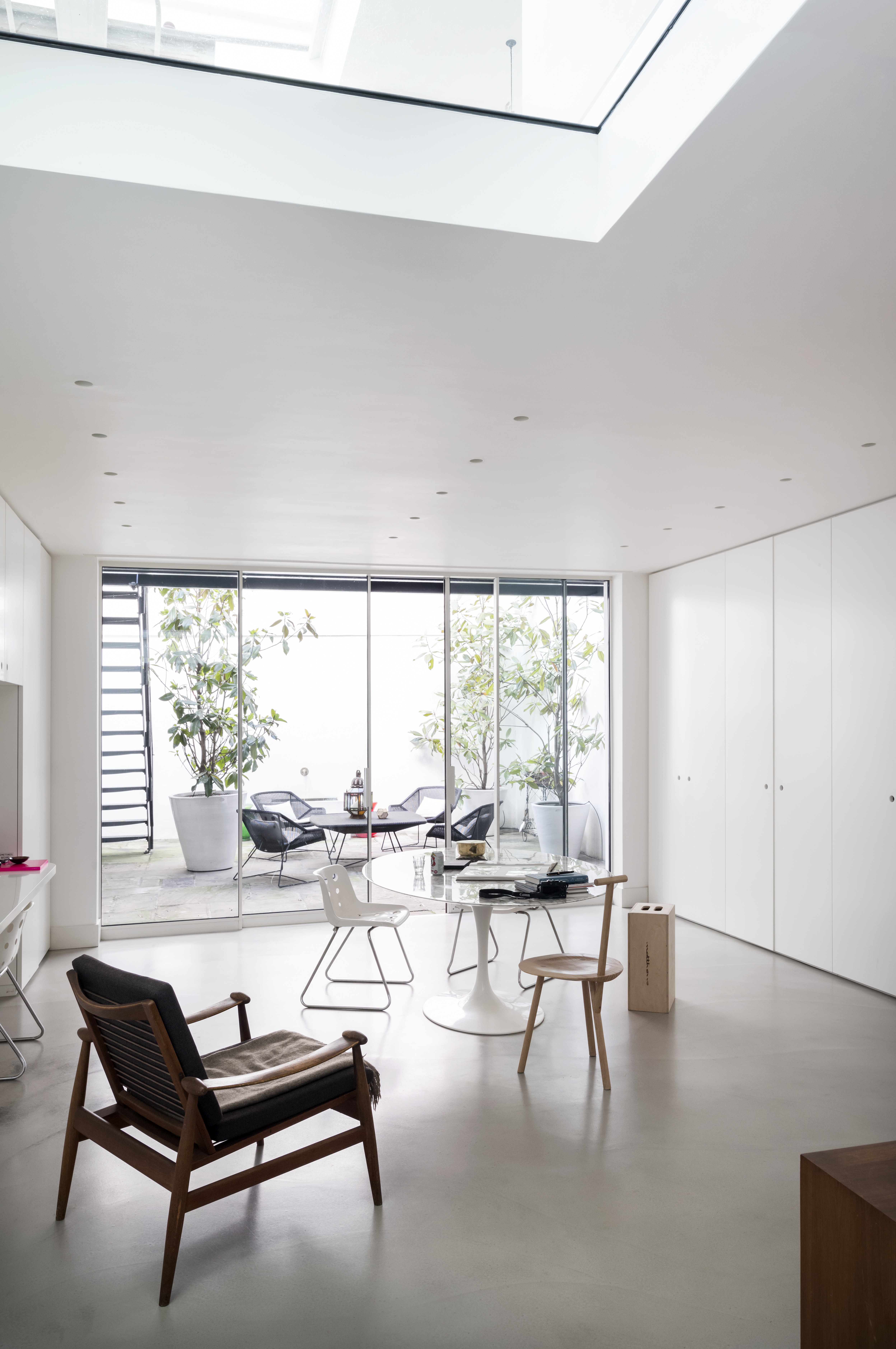
For fans of minimalist interior design, the 80/20 rule might be the best decluttering tip to start making the most of living with less. The principle highlights just how many things serve a function frequently, helping us to recognize the value of those household items (and the lack of contribution from the rest of our stuff).
'A minimalist lifestyle isn't for everyone, but as one myself, I love that it makes everyday decisions easier to make,' says Melissa. 'Once I started looking at the things that I use and love and giving them the best access in my home, life feels more peaceful.'
While not all of us are hoarders, we are all guilty of hanging onto things that we don't use regularly, or that don't contribute to our overall design style. As a result, we store said items in boxes for years on end, unable to part with them just in case they might come in handy one day.
'Making the conscious decision to tackle that 80% of clutter is the first step in living a more minimalist lifestyle,' says Sara. 'You need to decide whether you want to live in a home filled with 80% clutter, or whether you want to adopt a simpler lifestyle that requires less housework, less stress and allows you to spend more time doing what you love. If you choose the latter, it's important to remember your choice as you go through your items one by one. You may be tempted to keep things because they remind you of someone or something you love, or because they might be useful someday. However, to fully embrace minimalism, you need to remember the bigger picture and the goal you want to achieve: 80% clutter or a simpler lifestyle.'
Which spaces in the home is the 80/20 rule best applied to?
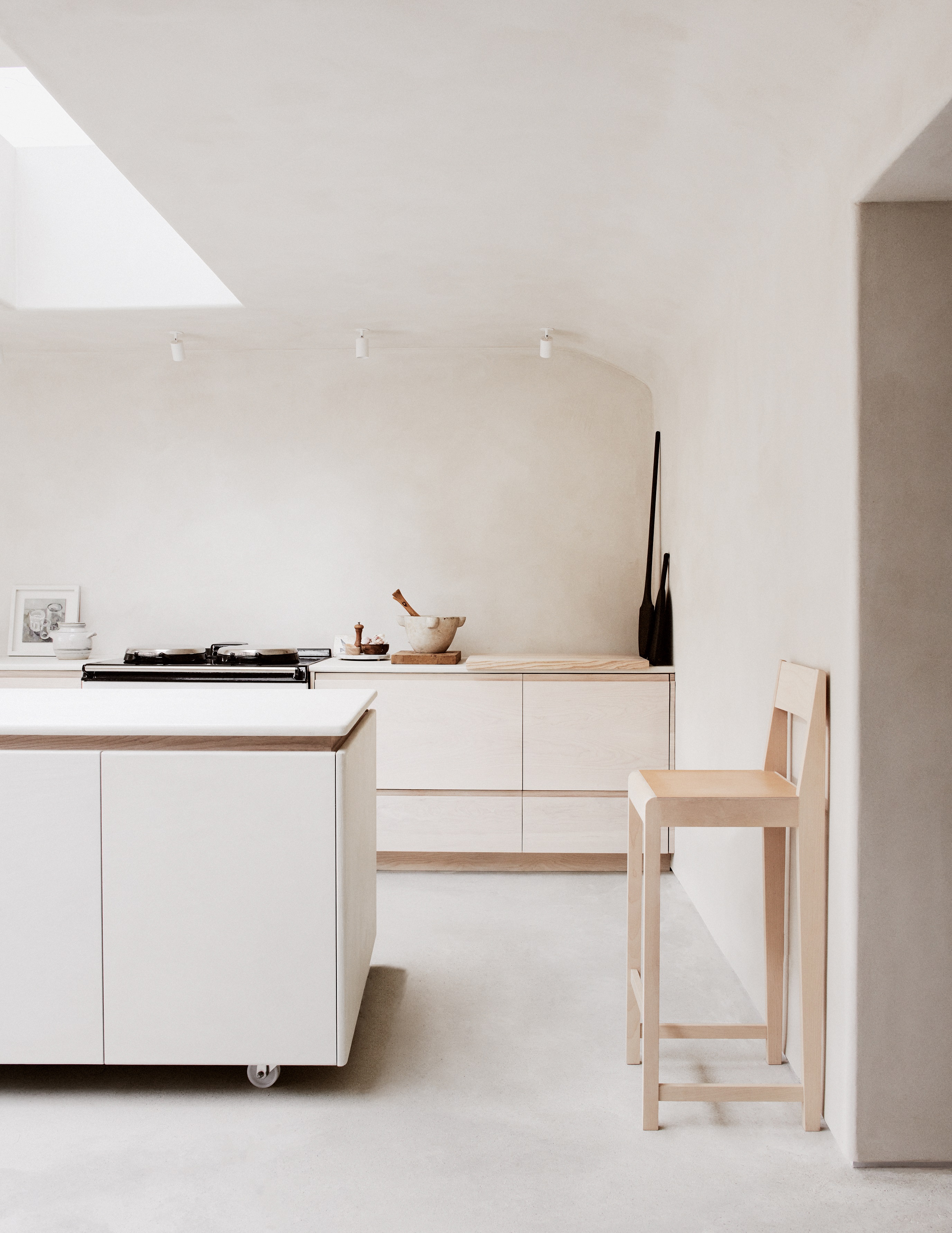
It's no surprise that the 80/20 rule comes in especially handy when it comes to how to organize a room with too much stuff in, but which spaces in the home does the rule prove most effective in?
'Kitchens are a fun place to practice 80/20, particularly for those who love kitchen gadgets,' notes Melissa. 'That ice cream machine might have been that year's 'must have' but it just isn't practical for every home and cook. I encourage giving things a deadline and if they haven't been used by that time, they need to be donated or tossed.'
By making use of the 80/20 rule you can also cut down on items where you have lots of duplicates, while still allowing yourself to keep the most treasured ones. As Melissa explains, 'A recent client had over 100 coffee mugs (for 2 adults!) and when we looked at them with 80/20 in mind, we were able to set aside the 10 they used regularly, another 10 or so they loved, and donated the rest.'
Remember to be kind to yourself
While it helps to adopt a ruthless attitude when you're decluttering, a super simple decluttering habit is to be kind to yourself first. It's okay to feel sentimental over family heirlooms or gifts, and you shouldn't force yourself to let go of them if you find the thought upsetting.
'I think many people feel a lot of shame for the things they have bought that they didn't wear, use or fit into – or sometimes even like – and that shame can keep them from letting those things go,' says Melissa. 'But with practice, it gets easier, and having a better sense of what they want to have in their homes becomes more natural.'
3 books that will help you organize and declutter your home
Be The First To Know
The Livingetc newsletters are your inside source for what’s shaping interiors now - and what’s next. Discover trend forecasts, smart style ideas, and curated shopping inspiration that brings design to life. Subscribe today and stay ahead of the curve.

Lilith Hudson is a freelance writer and regular contributor to Livingetc. She holds an MA in Magazine Journalism from City, University of London, and has written for various titles including Homes & Gardens, House Beautiful, Advnture, the Saturday Times Magazine, Evening Standard, DJ Mag, Metro, and The Simple Things Magazine.
Prior to going freelance, Lilith was the News and Trends Editor at Livingetc. It was a role that helped her develop a keen eye for spotting all the latest micro-trends, interior hacks, and viral decor must-haves you need in your home. With a constant ear to the ground on the design scene, she's ahead of the curve when it comes to the latest color that's sweeping interiors or the hot new style to decorate our homes.
- Aditi SharmaFormer Design Editor
-
 The Easiest Way to Turn Your Designer Scarf Into Wall Art — No Frame, No Fuss, No Regrets
The Easiest Way to Turn Your Designer Scarf Into Wall Art — No Frame, No Fuss, No RegretsBecause silk this pretty should never stay in a drawer
By Julia Demer Published
-
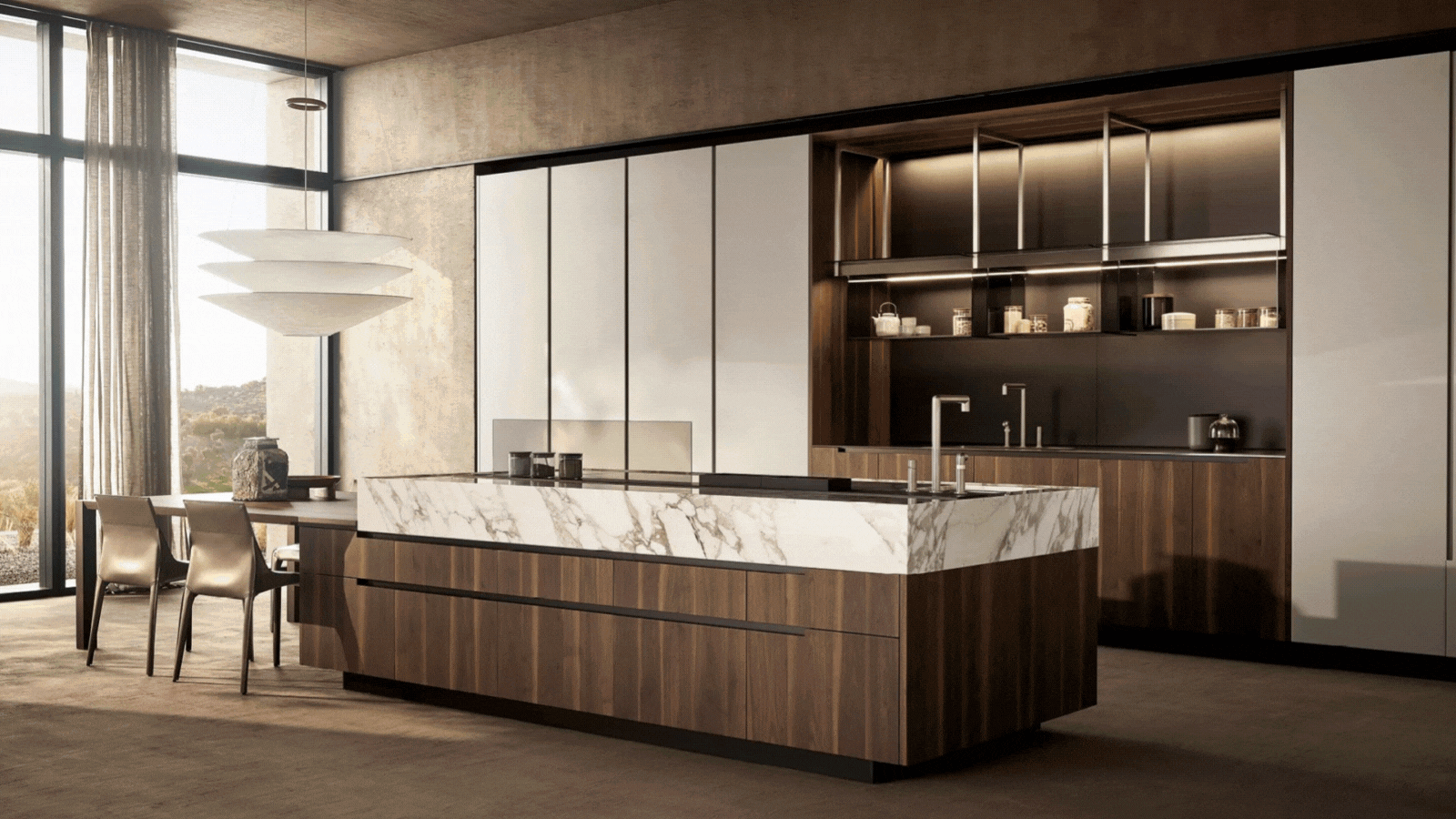 Italian Kitchen Trends — 5 Emerging Ideas From the Chicest Italian Designers That I Predict Will Go Global in 2025
Italian Kitchen Trends — 5 Emerging Ideas From the Chicest Italian Designers That I Predict Will Go Global in 2025Fresh from Milan Design Week, these are the exciting finishes, styles, and innovative materials I can't wait to see in more kitchens this year
By Faiza Saqib Published
